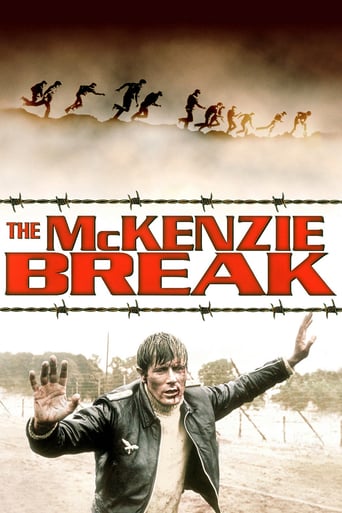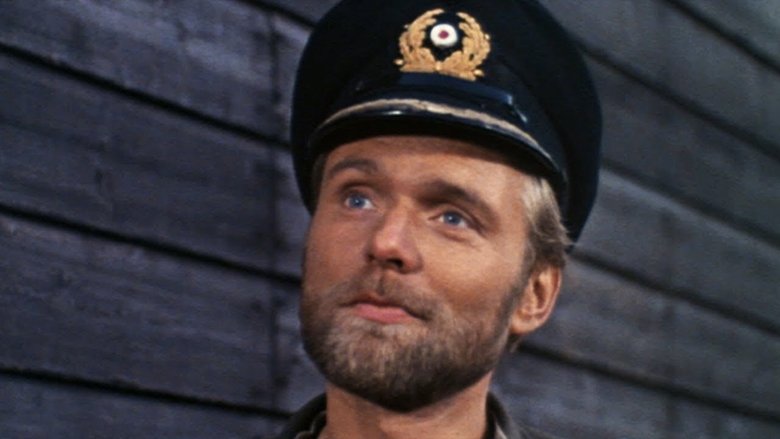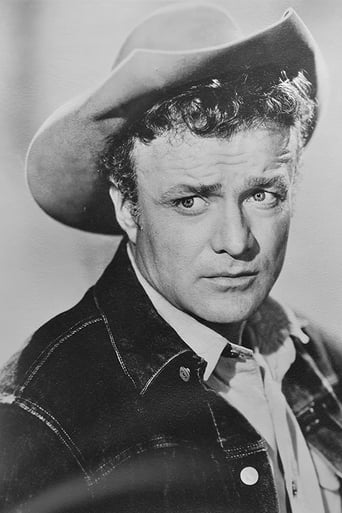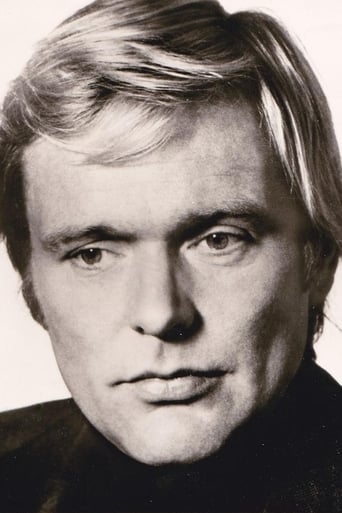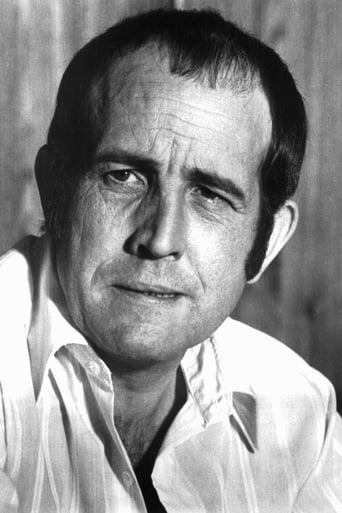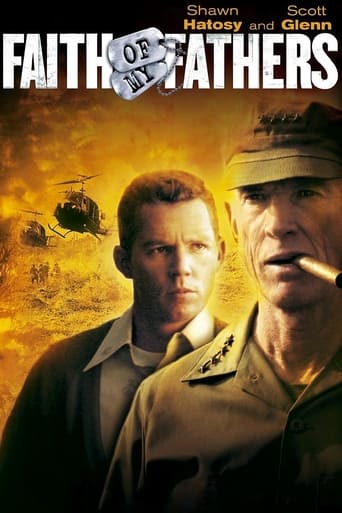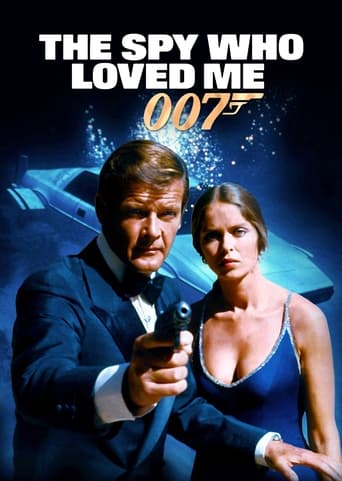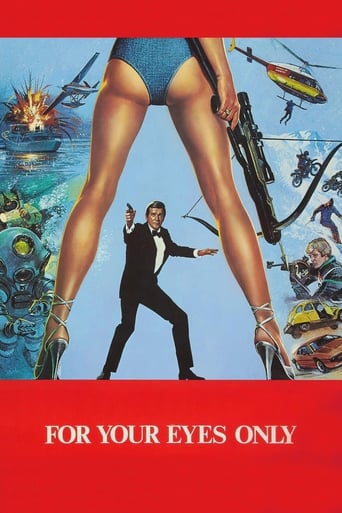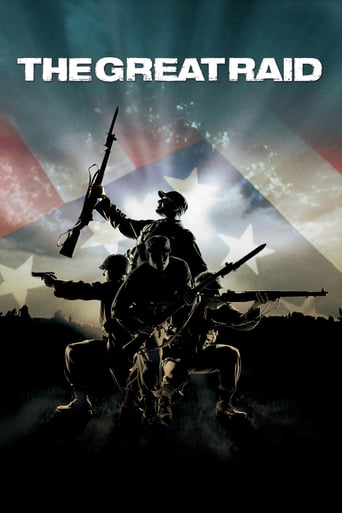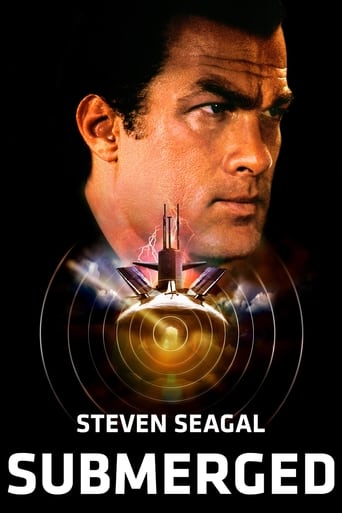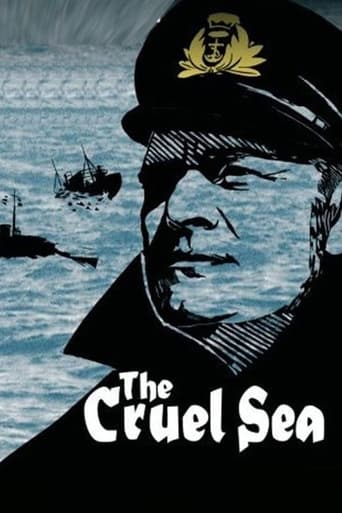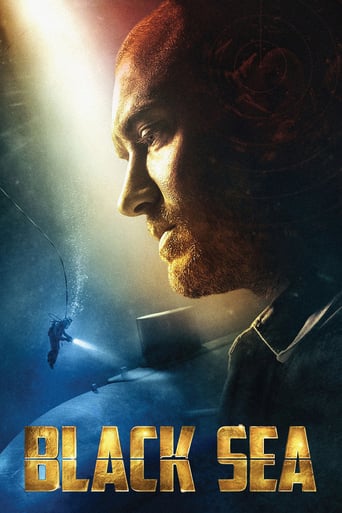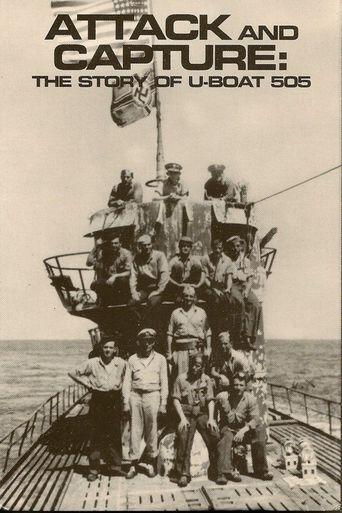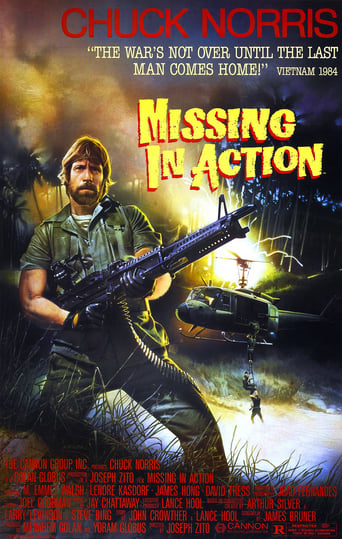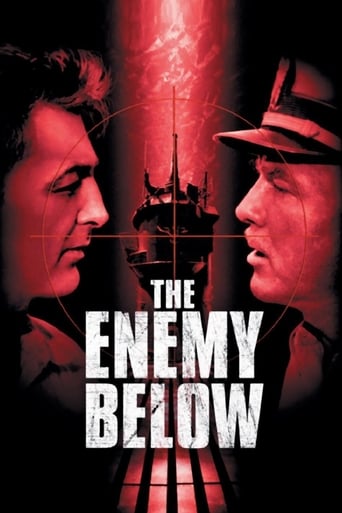The McKenzie Break (1970)
A German U-Boat commander plans a daring escape from a PoW camp in Scotland.
Watch Trailer
Cast


Similar titles
Reviews
Plenty to Like, Plenty to Dislike
Good movie but grossly overrated
best movie i've ever seen.
One of the worst ways to make a cult movie is to set out to make a cult movie.
The McKenzie Break refers to a prison in Scotland during World War II where some German prisoners are very anxious to get back to the fight as they see it. This is the early war years and the only prisoners there are Luftwaffe and Sailors, more specifically prisoners taken off captured U-Boats.McKenzie Prison is in for some big trouble, commander Ian Hendry can smell it. It's due to the presence of U-Boat captain Helmut Griem who has taken over the leadership of the prisoners unofficially. Griem plays Captain Willy Schluetter as I conceive Reinhard Heydrich to be, a handsome charismatic leader, totally dedicated to the Nazi cause and one stone cold killer.British Intelligence in trying to get to the bottom of things sends Captain Brian Keith who from his accent I'm guessing is an Ulster Protestant. Keith's a smart guy, but just maybe a bit too smart for his own good.The McKenzie Break is dominated by Helmut Griem as well it should be. This man has to dominate or otherwise the film would make no sense at all. As charismatic as Griem is as Schluetter, he's both fascinating and repellent. His objective is to get as many U-Boat people back into the fight. He will sacrifice everything to achieve that objective and I do mean everything.Sad to say this film is a forgotten gem and deserves to be better remembered than it is. Catch it by all means if it's broadcast, you will enjoy the surprise ending when neither Keith or Griem get everything they want.
I have watched this film a few ti mes and think it is quite good, but the one thing that stands out to me (a female ) is the scene where Connor and the 'postmistress' are reading the letters and begin to think they may be a code. WHY ARE THEY IN BED?I know it's not very explicit, and I'm not a raving feminist, but why was that scene shot that way? Was it because in the 1970s everything had to have sex in it?Connor was not particularly physically attractive, was a lot older than the girl and there had been no previous (or subsequent) hint of a 'thing' between them, so why? It adds nothing to the plot yet tends to imply that all women in the forces were kind of official prostitutes.Only a small point about a pretty pointless detail but it niggles.
An interesting war film that differs from others in a number of ways. Firstly,the plot concerns German prisoners of war held in a POW camp in Scotland planning an escape. While many films have featured Allied POWs, it's quite rare to find one that focuses on Germans held in captivity (Hardy Kruger as "The one that got away" is another example). Secondly, the Germans actually speak in German as opposed to some studio manufactured pidgin English. This adds a welcome note of authenticity so often missing from big name war movies made around the same time. The cut that I've seen on British TV was certainly subtitled. I note that another reviewer had the misfortune to watch a non-subtitled version - he has my sympathy! Another interesting point is that - in a subplot - the film has a gay German POW being persecuted and subsequently murdered by his own compatriots. Whether this actually happened and how much of the film is based on fact I'm not sure. However, the Nazi persecution of homosexuals is well-documented, but not often seen on the screen. It must have been a fairly bold move for a film made in 1970 to address this. There are some loopholes, but it remains well-acted and intriguing.
Keith and Griem fight a battle of wits and wills in this intriguing, but ultimately unsatisfying prison escape drama. Set during WWII, Griem is a Nazi Captain being held prisoner along with 600 of his men in a Scottish POW camp. When the current camp commander (Hendry) is unable to maintain control of the prisoners, gruff Irish Captain Keith is called in to suppress the men and maintain control over the camp. Unfortunately for Keith, unrest in the camp is the least of his worries. It seems that Griem's men are burrowing a huge tunnel with plans to let two dozen prisoners escape to a rendezvous with a U-Boat. Keith realizes what's happening, but opts to let the plan progress so that he can score the bigger coup of not only stopping the escape, but of capturing the U-Boat as well! What could have been a gripping, involving suspense film is marred considerably by an inexplicable decision on the part of the film-makers. About one fourth of the dialogue in the film is presented in German, but without the benefit of subtitles! It is up to the viewer to figure out what is going on based on the not-too-demonstrative body language of the German actors. This cuts the plot line off at the knees and makes for very difficult viewing for those who didn't take German 101 in high school. Obviously, one can still follow the bulk of the action without the dialogue, but the motivations of the characters is muddled horribly. Animosity towards a homosexual inmate isn't explained fully enough and one character's traitorous actions are left with the meaning behind them up in the air. The ending also leaves a lot to be desired. That said, there are some memorable scenes of tension and conflict in the film. Keith gives a solid performance, thought his accent is pathetic and wavers greatly throughout. Griem (who seems born to play an icy Nazi) is a strong adversary. The dank, muddy atmosphere only adds to the bleakness of the situation. The film was shot in Ireland and, oddly, Turkey, though it isn't immediately visible which parts were done in Turkey (or why!) Credibility is strained in a couple of spots, such as how can all the dirt from the tunnel fit where they put it and how does a POW get a pair of women's shoes and make-up (for the little show they do?) There is entertainment value here. It's just compromised by the sad decision to leave a fourth of the dialogue inaccessible to those who don't speak German.

